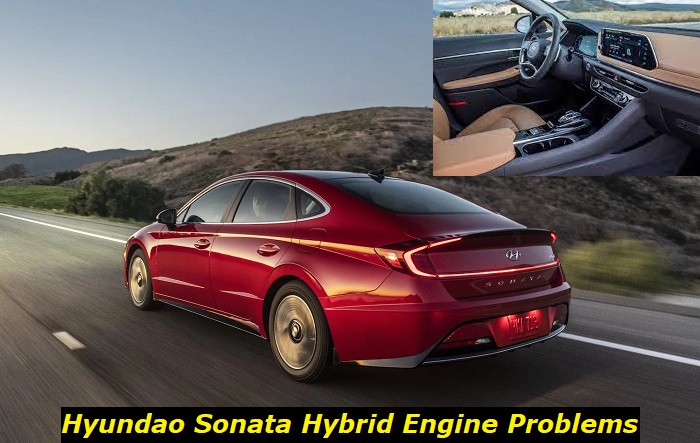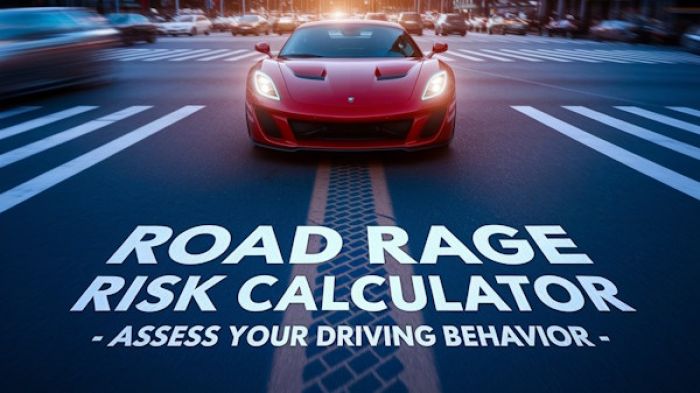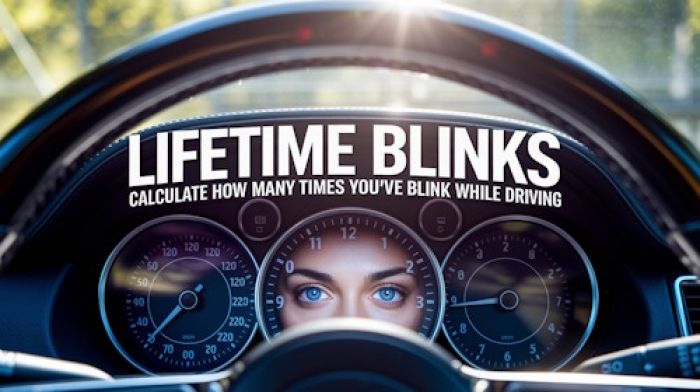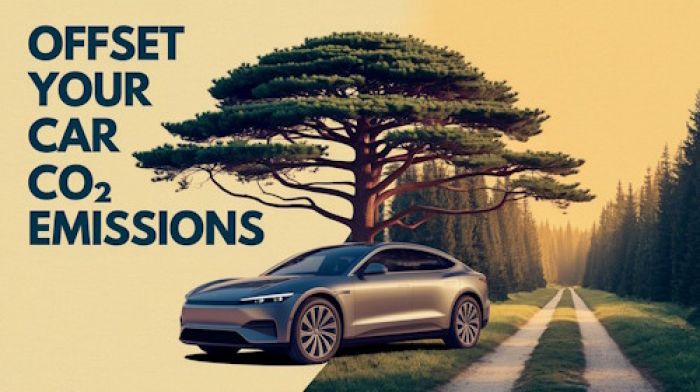Hyundai Sonata keeps struggling in the market and its competitors are slowly taking over the sales. But still, you shouldn't just underestimate this model. The Sonata Hybrid still grabs attention. This is the fourth possible option of the powertrain for the new-gen Sonata and the most economical type of engine you can get in this car now.
Today, we'll tell you more about the Sonata Hybrid powertrain, its main capabilities, and how it compares to other available powertrains and other hybrids on the market. We will talk about the engine that is the heart of the hybrid vehicle and about the way electric and ICE parts are working together.

Key facts and my opinion about the engine
- Production years: 2019-now
- Average lifespan of G4NR: 180,000-200,000 miles
- Fuel supply type: direct injection
- Power range: 192-202 hp
- Fuel efficiency: excellent
- Engine block material: aluminum
- Engine reliability score: medium
- The most common problems: hybrid battery pack problems, extremely complicated inspection, carbon buildup on intake valves, electric and software issues
What should you know about the Hyundai Sonata Hybrid engine?
The eighth generation of the Sonata was presented in 2019. The Hybrid version is marketed as a separate model but actually, it has the same body and even the same styling - nothing changes in comparison with the gas-powered cars. Three other powerplants you can get are the basic 2.5-liter Smartstream, the 1.6L turbo, and the N-Line special 2.5L turbo engine.
The hybrid version draws a lot of attention. Now, green technologies are very important and lots of people try to avoid buying simple ICE-powered vehicles. Hybrids are the solution for those who need long range and still want to keep fuel consumption as low as possible improving the ecological features of their cars.
So, here are some facts about the hybrid powerplant in the new Sonata:
- the heart of this powerplant is the non-turbo 2.0L Smartstream gasoline engine (G4NR) - a pretty good 150-hp unit with not a lot of reports and complaints;
- the electric motor is a 51-horsepower unit connected to a 1.62-kWh battery (lithium-ion-polymer type);
- the combined power of 192 hp and the torque of about 151 lb-ft seem quite decent for this family sedan;
- it's not a plug-in vehicle, so you won't be able to recharge the battery from the grid, it only charges from the gasoline engine;
- the sedan is only available with the FWD, no all-wheel-drive option is offered;
- you will get the 6-speed automatic transmission, not the eCVT, which is good news because it gives better durability;
- the most important advantage is the gas mileage - the Sonata Hybrid is able to go 50 MPG in the city and 54 MPG on highways;
- this is not the vehicle for a lot of sport and adrenaline in your blood - it only gets you to 60 mph from a full stop for 8.3 seconds.
Well, just an average hybrid sedan, we would say. But a couple of great facts should be underlined. First of all, this is one of the first hybrid vehicles that are not only economical for city driving, but also offer cool gas mileage on highways. It's important for those who travel interstate a lot and won't get any use of a lot of other hybrid vehicles that are helpless on highways.
Also, the Sonata Hybrid offers a very reliable and non-problematic gas engine. It's a GDI (direct injection) 2-liter unit that can go a lot of miles with no problems. We'll cover some of its features that could need attention later in this article.
How many miles will the Hyundai Sonata Hybrid powertrain last?
We suppose that the only weak link in this powerplant is the battery pack. It's rather small with only 1.62 kWh of capacity. It means the battery will be discharged and recharged a lot of times and will eventually lose its juice. Given it works not only in city driving, we think the battery will be dead at 80,000 miles or something.
The good news is that Hyundai offers 10 years or 100,000 miles warranty for the battery and you can kill this OEM battery pack and have it replaced before the car hits 10 years for free. If your battery pack somehow lives longer, you will need to pay for its replacement. It's not as expensive as in EVs, but still, you will have to pay some dollars.
The engine and the transmission will live longer - about 200,000 miles should be the average lifespan of those.
So, your Hyundai Sonata Hybrid should be able to go about 200,000 miles with 2 battery replacement sessions. This is just as good as other hybrids on the market go. But in most other hybrid vehicles you will get the eCVT transmission with 120-150 thousand miles of longevity. Here, you get the traditional 6-speed automatic transmission with cheaper repair and longer life.
What are the most common problems with the new Sonata Hybrid powerplant?
Although the internet claims that the Hyundai Sonata hybrid engine shows a lot of problems with the gasoline unit, we haven't found much proof for that. There are several reports but all of them are for high0mileage vehicles or fleet cars that don't get enough attention in terms of service and maintenance.
We still know some issues that you may experience with your Sonata Hybrid sedan. Here they are:
1. Battery pack problems
The 1.62-kWh battery doesn't seem like a perfect choice for this hybrid. Also, the software in this vehicle is engineered in such a way that the battery is almost always in action. It means it will die much sooner than in some other hybrid cars that use less of a battery charge when you drive them.
We don't know the price of the battery pack - no Hyundai dealer answered our e-mails. But we believe it's not a cheap thing at all. So, you will have to replace the battery pack at about 80,000 miles and you are lucky if it happens under warranty coverage.
2. Dealers are not really helpful
Hyundai dealerships have actually bad reviews and a lot of reports on forums. They disrespect official procedures, disapprove of expensive repairs under warranty, provide Hyundai drivers with a really poor diagnosis of their vehicles, etc.
Also, getting some parts will be a tricky thing. We've read too many reports about Hyundai dealerships in different cities that kept clients' cars for more than a month to just get the needed part for repair.
3. Engine may develop some carbon buildup
The engine is a direct injection powerplant which may cause some problems. Carbon buildup on valves develops gradually because fuel doesn't go through the valves and doesn't clean them. Intake valves will obviously get dirty after some time and will need cleaning. This is not a very long procedure, but the labor costs quite a lot.
If you don't clean the valves, your engine will lose power, may start stalling spontaneously, also gas mileage will drop. Have the valves checked and cleaned every 50K miles or as soon as you feel those symptoms.
4. Electric and software issues
Although this hybrid vehicle is really fresh and most of the cars are under 20-30 thousand miles, we could find some reports about software glitches and also about electric problems. If this issue happens with your ICE-powered car, you just go to the dealership and they solve the problem for 5 minutes. But with a hybrid, this can lead to the limp mode or just stalling.
Some electrical connections are prone to corrosion or water damage and need to be extra protected. Also, some software in the system is not perfect. We hope there will be some updates and recalls and that this problem will be solved soon.
What should you do and know to drive your Sonata Hybrid longer?
All cars will lose their reliability if not maintained correctly. Your Hyundai Sonata Hybrid vehicle needs a lot of attention for both the gasoline and the electric part.
First of all, remember about regular maintenance of your G4NR engine - have the oil and filters changed. Also, check the valves regularly and clean them if needed. The engine timing system needs proper inspection every 50-60 thousand miles.
Watch the health of your battery. If you see that gas mileage gets worse, it's probably about the battery condition. Get ready to have the battery replaced at 80-100 thousand miles to prolong the life of your vehicle.
Never risk voiding your warranty. Hyundai won't do anything for free if you even give them one chance to stop the warranty coverage for your vehicle. So, be careful with this to keep the official warranty as long as possible.
We see the Hyundai Sonata Hybrid as one of the best hybrid sedans on the market. It looks cool, drives OK, doesn't cost you ridiculously much, and also provides a lot of tech for this money. If you still want to compare it with something else, look at Camry Hybrid and Accord Hybrid. Those are pretty great competitors that you may want to consider if you don't like something in the Sonata Hybrid.
About the authors
The CarAraC research team is composed of seasoned auto mechanics and automotive industry professionals, including individuals with advanced degrees and certifications in their field. Our team members boast prestigious credentials, reflecting their extensive knowledge and skills. These qualifications include: IMI: Institute of the Motor Industry, ASE-Certified Master Automobile Technicians; Coventry University, Graduate of MA in Automotive Journalism; Politecnico di Torino, Italy, MS Automotive Engineering; Ss. Cyril and Methodius University in Skopje, Mechanical University in Skopje; TOC Automotive College; DHA Suffa University, Department of Mechanical Engineering






Add comment